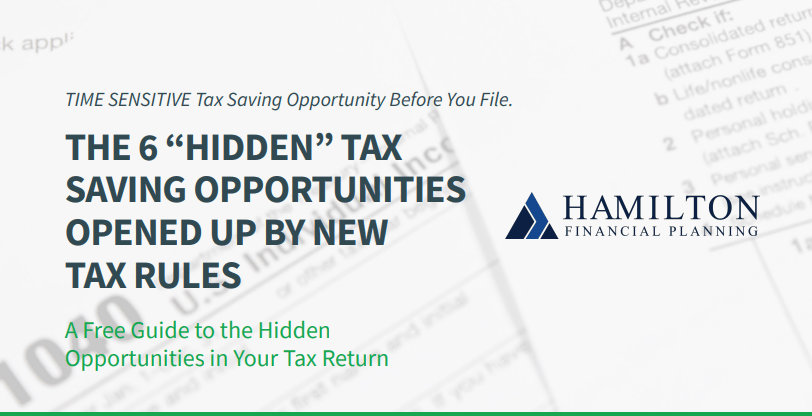Are Your Financial Resolutions In Sync With These Top 5 for 2020?
New year, new you? A great place to start is by looking at your financial resolutions. What do you want to change your spending and saving habits? Let’s see if your financial resolutions are in sync with these top five for 2020.
Table of Contents
Resolution #1: Save More Money Each Month
It doesn’t come as a surprise that the top financial resolution for Americans in 2020 is to save more every month. There are many ways to increase your savings, and one surefire way is to automate your finances. You can have your bank transfer a portion of your paycheck into your savings account or if you haven’t already, you can sign up for a 401(k) through your employer.
Another way to save some money includes changing your lifestyle. Granted, changing your daily habits is a lot harder than automating your savings or signing up for a 401(k), but it is possible.
Resolution #2: Reduce Monthly Spending
Reducing monthly spending helps you achieve the first resolution of saving more money. Look at your expenditures and see where you can cut. Perhaps you’re eating out too much or buying wants instead of needs that you know you can’t afford. In 2020, replace these old habits with new ones to lead a financially stable life. Believe it or not, every penny helps!

Resolution #3: Pay off Credit Card Debt
Credit card debt is dangerous – not only do you end up paying a lot more money due to accrued interest, but you also live with constant anxiety. In addition, having too much debt can lower your credit score, so 2020 is a great time to start making things better.
One way to start paying off some of that debt is by making lifestyle changes to free up more cash. For example, you can get another job or consider canceling subscriptions like your coveted Netflix account. The key is to try and cut spending wherever possible. To make sure you’re on your way to a debt-free life, make a debt payoff plan and evaluate continuously to see if you’re reaching your goals.
Resolution #4: Build an Emergency Fund
Do you have enough money to cover an unexpected emergency? AARP reports that 53% of Americans don’t have an emergency fund at all, including most people over 50.1 Which is this resolution has made it to our top five for 2020. The typical recommendation is to have at least three to six months of necessary living expenses saved in case of an emergency.
As with all the other resolutions, in order to keep this one, you need to make some lifestyle changes. You will need to cut back on spending, save more, and create a plan. Dealing with an unexpected emergency is no fun, and you surely don’t want to top it off with having no money to pay for it.
Resolution #5: Save More for Retirement
Last but not least, Americans want to save more money for their retirement in 2020. The first step to achieving this resolution is to set up a 401(k) if you’re employers offer one. And if not, open an IRA. In addition to setting up these retirement accounts, try to cut back on spending and channeling your savings towards retirement. Perhaps get a second job to get more income if cutting back on spending is not feasible.
These are the top 5 Financial Resolution of 2020.
If you would like more in-depth advice or if you would like for someone to help you manage your accounts, please give us a call or schedule a Get Acquainted Meeting. We would love to hear from you!
- https://www.aarp.org/content/dam/aarp/ppi/2019/10/unlocking-potential-emergency-savings-accounts.doi.10.26419ppi.00084.001.pdf
- https://money.com/how-to-save-money-emergency-fund/
Get The Insurance Coverage You Need
If you are still unsure as to whether or not you need an umbrella policy, our team at Hamilton Financial Planning can help! Schedule a complimentary get-acquainted meeting online or reach out to us at 512-261-0808 or scott@hamiltonfinancialplanning.com.
About Scott
Scott Hamilton is the founder and chief financial officer at Hamilton Financial Planning, a wealth management firm that specializes in providing comprehensive financial planning for retirees in Dallas, Houston, and Austin, Texas. With over 20 years of experience in the financial industry, and has completed over 250 financial plans for retirees across all industries, but mostly the oil and gas industry, Scott is passionate about providing his clients with the tools and insight they need to achieve their financial goals.
He has a Bachelor of Business Administration in finance from Texas State University and an MBA in international finance from Pepperdine University. Scott has also been happily married to his wife, Gayle, for over 25 years. To learn more about Scott, connect with him on LinkedIn.

